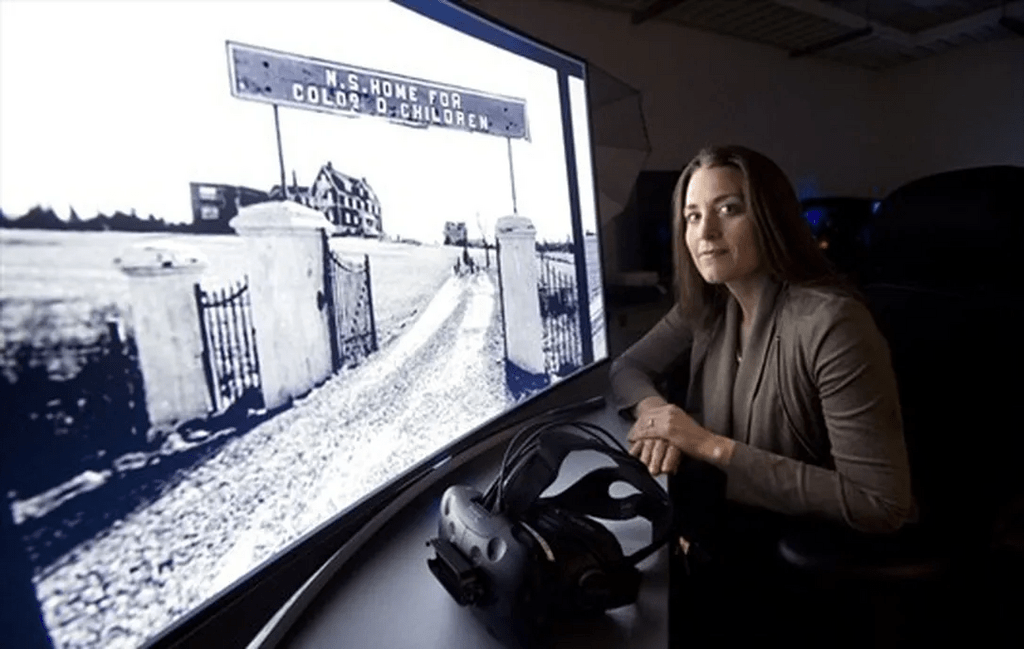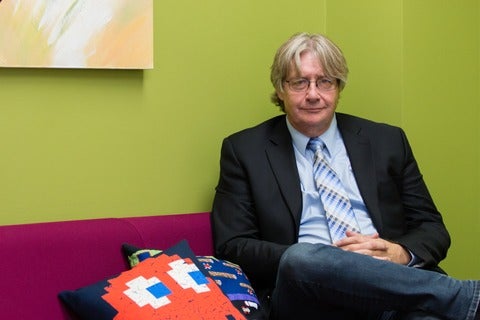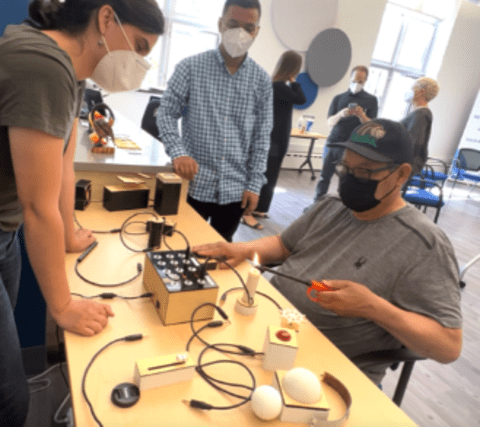Games Institute Seed Funding Program
In 2022, the GI ran its first-ever Seed Grant competition in which both faculty and students, who are active members of the GI, could apply for up to $15,000.00 to invest in a new collaboration or project with fellow members of the Institute. The awarded research groups had until the end of 2023 to finalize projects and spend all funding.








